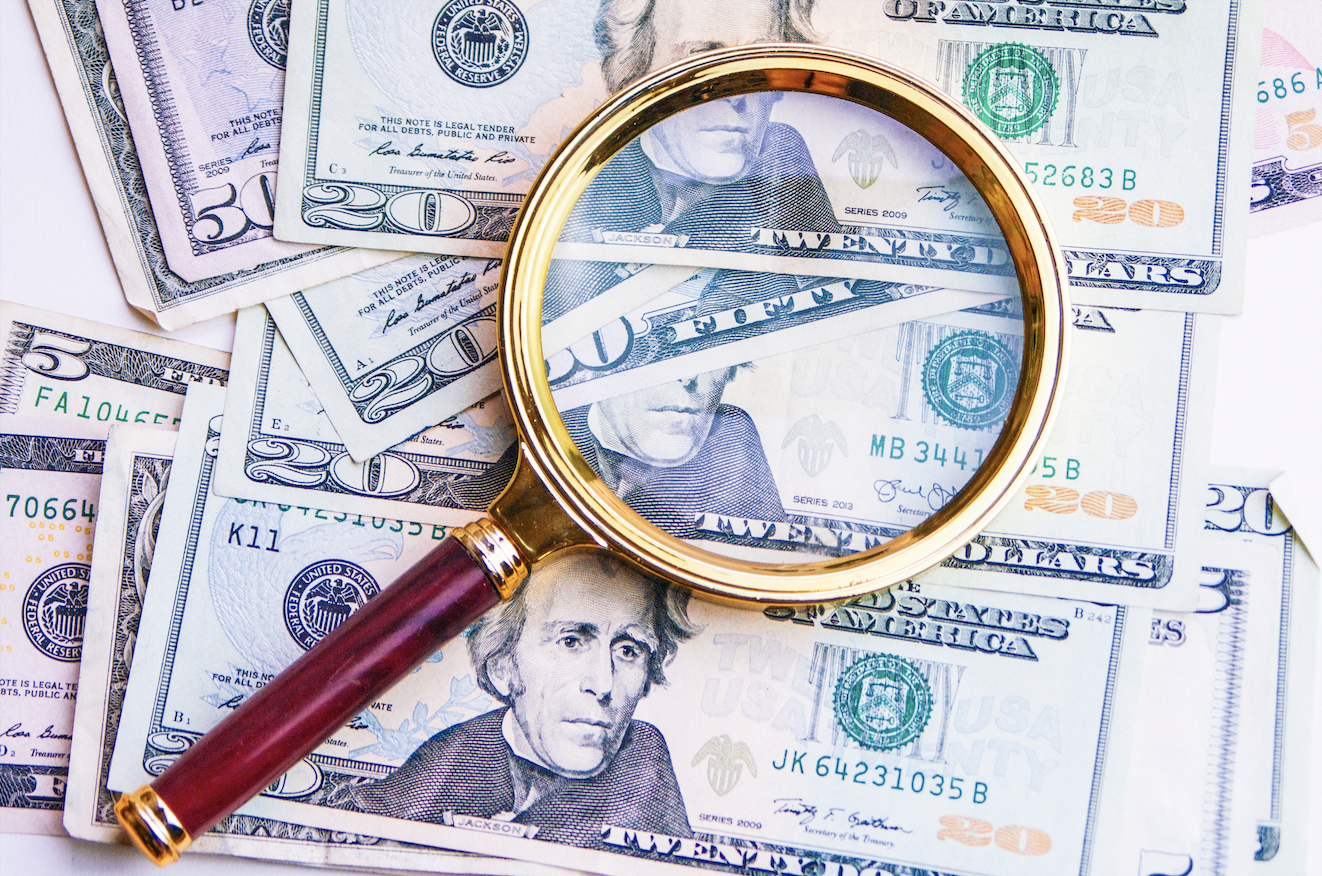Did you know that many people are entitled to assets they may not even be aware of? It’s true – unclaimed property is a valuable resource that is often overlooked and forgotten.
By definition, unclaimed property is any financial asset left inactive for a certain period by its original owner, typically for one year or longer. It becomes “unclaimed” when the property owner has no activity or contact with the intended receiver, and the state takes hold of the property.
Examples of unclaimed property include forgotten bank accounts, uncashed checks, stocks, uncollected life insurance benefits, and other types of financial assets.
The history and laws behind unclaimed property are complex. Plus, each state has its regulations and practices, making it difficult to create a centralized database to determine if you have unclaimed property.
It’s important to understand what kind of property falls into this category and what to do about it if you think you’re missing an asset.
What is Unclaimed Property?
Unclaimed property is any asset or financial benefit left unclaimed or abandoned by its rightful owner. It can range from intangible property, the most common kind, and tangible property.
Intangible property includes cash deposits to stocks and bonds, insurance benefits, bank accounts, security deposits, etc.
On the other hand, tangible items are those such as houses, jewelry, artwork, and collectibles. Such properties are usually termed ‘unclaimed’ when individuals forget to update their address, lose contact with the organization holding the property, or are unaware of the existence of the property. Every year, billions of dollars in unclaimed funds remain untouched by their owners.
The History of Unclaimed Property
Unclaimed property has a long and storied history that dates back years. The first laws regarding unclaimed property were established in feudal England. The earliest forms of the law applied to real estate only, but as time passed, the laws expanded to include many different property types.
Historically, it was believed that any type of abandoned or forgotten property should revert to the local government after a certain period. This led to laws regulating the collection and disbursement of unclaimed property across many countries.
Within the United States, every state’s laws are different. The individual states are responsible for setting their guidelines regarding unclaimed property.
Unclaimed property can also be classified under different titles in each state, such as “abandoned property” or “escheat.” It’s important to note that some states have specific deadlines for reclaiming unclaimed property, while others may not.
Additionally, some states have specific rules on reporting unclaimed property, which can vary significantly from one state to another.
The regulations surrounding unclaimed property have changed drastically and continue to evolve. Today, most states have adopted streamlined processes for reporting and claiming unclaimed property, making it easier for people to claim money that may be owed to them.
Although, if a property owner has been a resident of multiple states, it can be difficult to ensure that each state’s database is searched independently and adequately.
Unclaimed Property
Bank Accounts & Deposits
Very common among unclaimed property cases are unclaimed funds that may remain in inactive bank accounts or safe deposit boxes, such as forgotten checking accounts, savings accounts, certificates of deposit, and money orders.
Wages
Unclaimed wages may include unpaid salaries, commissions, bonuses, vacation, and severance pay from prior employers.
Stocks & Bonds
Forgotten stocks, bonds, mutual funds, and other investments may also be considered unclaimed property.
Insurance Benefits
Unclaimed life insurance proceeds, annuities, pension benefits, and unclaimed death benefits are considered unclaimed property.
Tax Refunds
Tax refunds or reimbursement to a taxpayer from the government is an example of commonly unclaimed property. Sometimes, taxpayers don’t know about their refunds or never receive them for one reason or another.
Traveler’s Checks
Traveler’s checks, or checks used for making purchases abroad, are another example of what might be deemed unclaimed property. It’s common for uncashed traveler’s checks to be turned over to the state and remain unclaimed by the owner.
Overview of Unclaimed Property Laws
Unclaimed property laws require businesses and other organizations to report unclaimed property to the state’s unclaimed property office. But this doesn’t mean they’ll find out who it belongs to or be able to return it to them.
These laws protect the rights of the rightful owners by allowing them to reclaim their lost or forgotten assets at any point in the future. Most states hold onto the unclaimed property for extended periods, usually 7-15 years, before selling it off to cover administrative costs.
States may also place the money into a trust fund to generate additional income for the state. Many states provide searchable databases on their websites so individuals can check if they have any unclaimed assets.
In Conclusion
Unclaimed property is a concept that affects 1 out of 10 people every year, yet only some people are aware of what it is and how it works. Unclaimed property is any asset unclaimed by its owner for some time.
This includes bank accounts, insurance benefits, stocks, bonds, etc. Every state has laws governing the process of claiming unclaimed property, and there is no centralized database for all of the information.
Understanding the history and laws behind unclaimed property can help you ensure that you are not leaving any unclaimed assets on the table. Knowing what unclaimed property is and how to reclaim it can help you take advantage of valuable opportunities and secure your finances.
